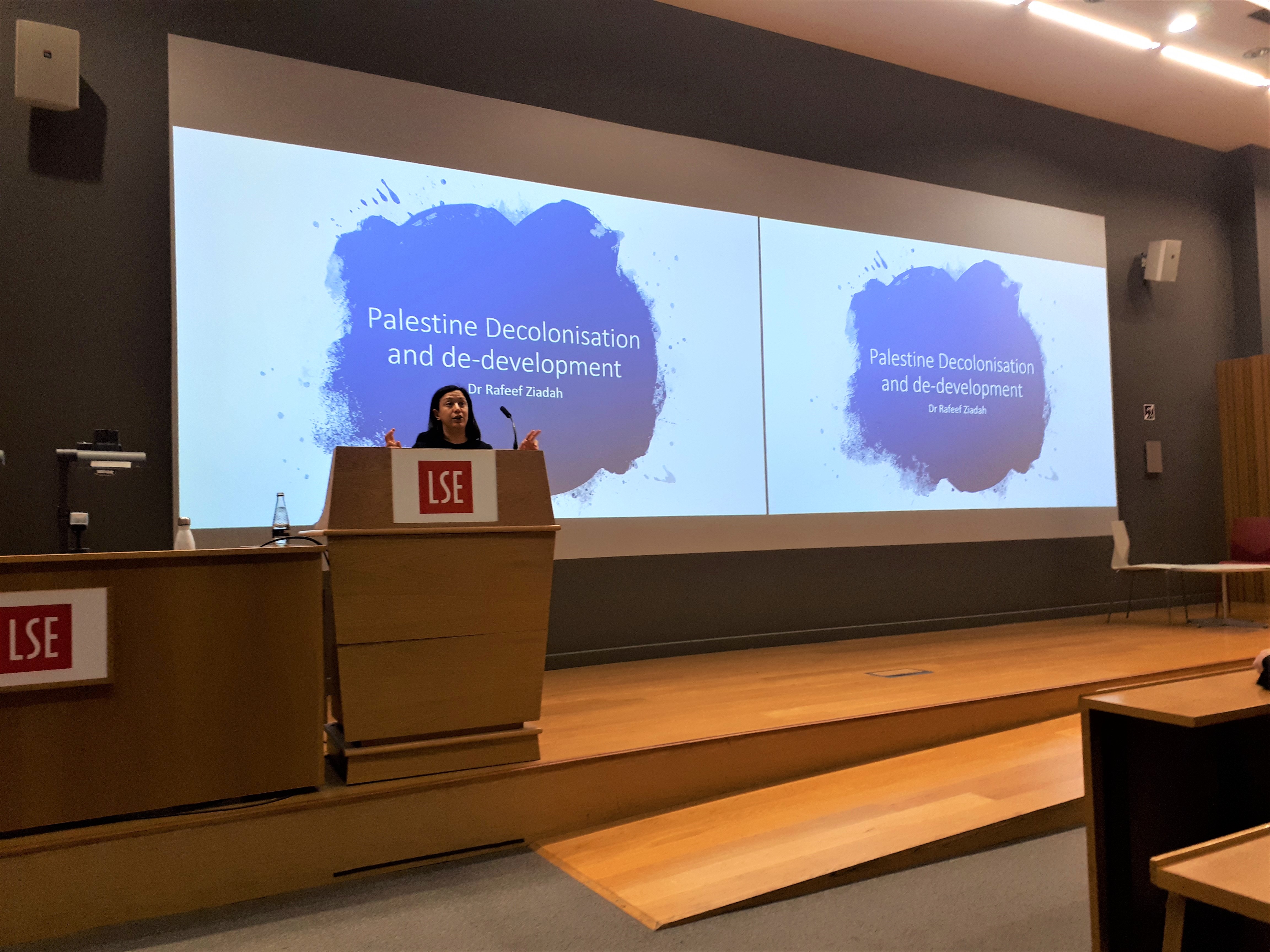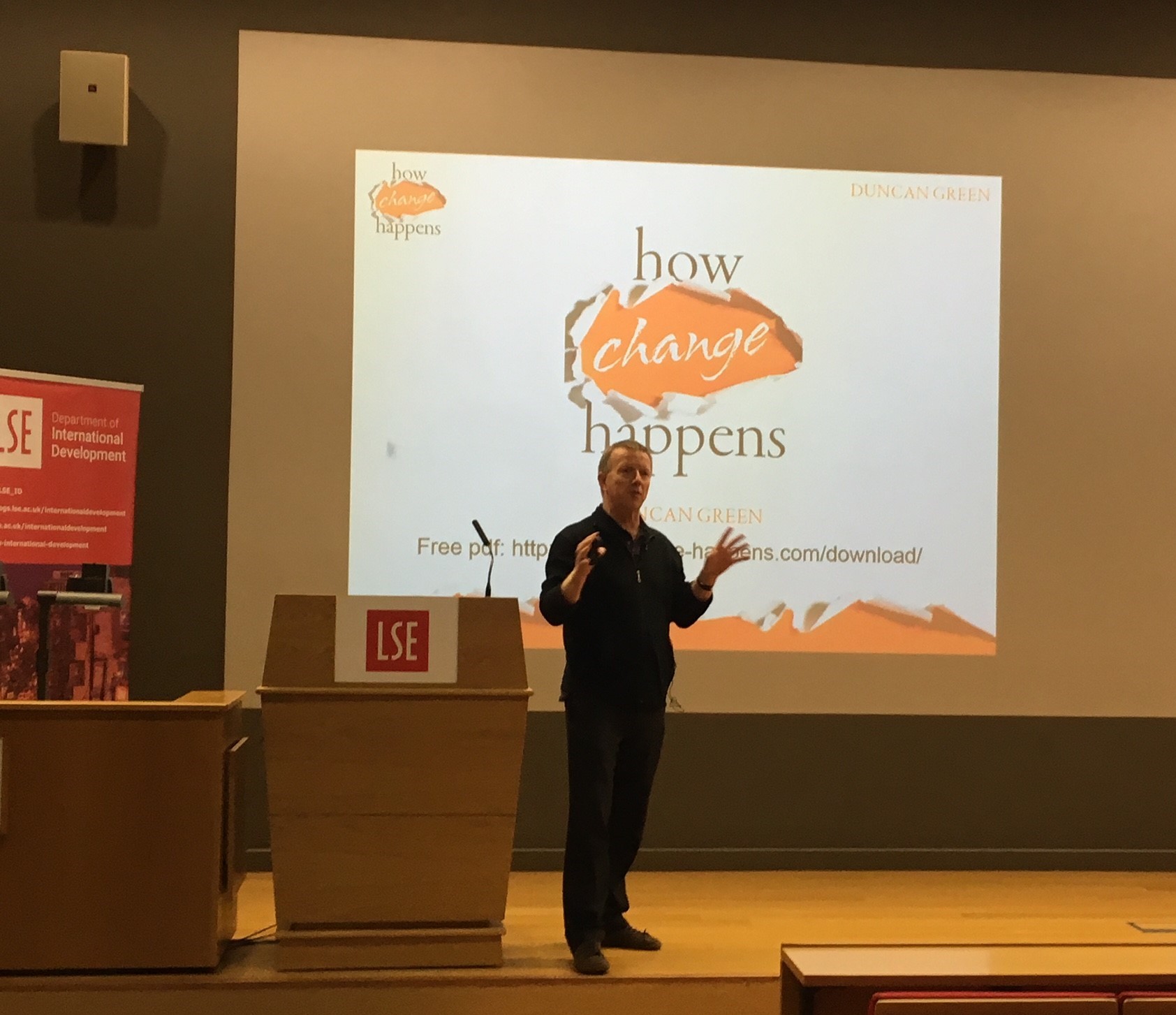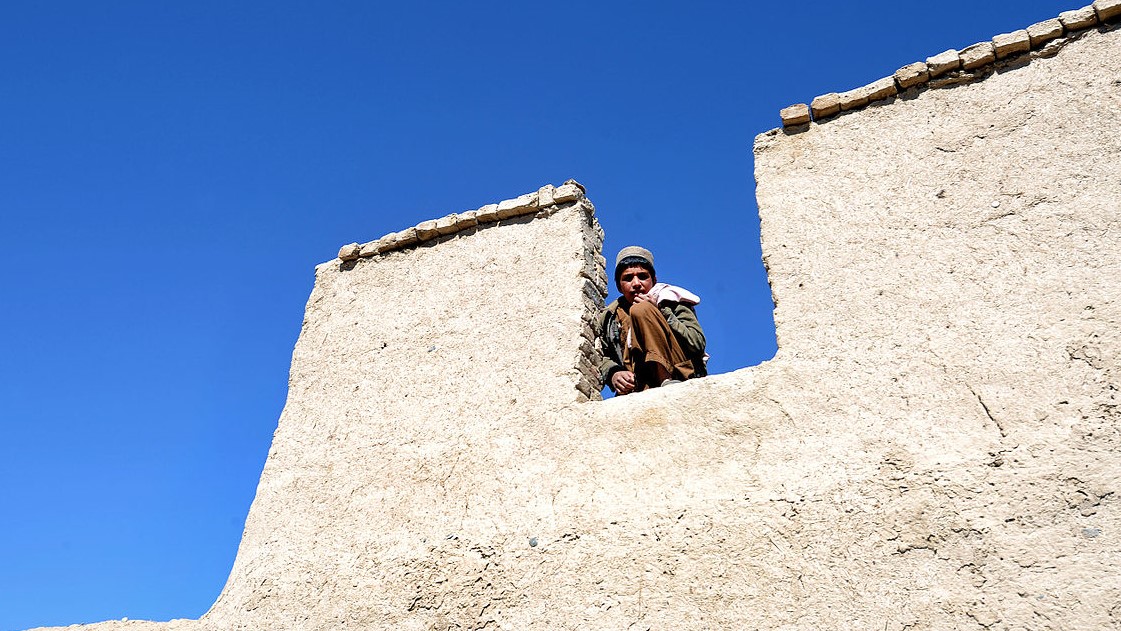Professor Robert Wade responds to the spokesperson of the Chinese Embassy in the UK, Zeng Rong’s letter “China irked by Taiwan title” in the Financial Times.
Letter: Beijing is wrong to ignore Taiwan’s aspirations, Financial Times, 10 June 2022
From Prof. Robert H. Wade
The letter from Zeng Rong, spokesperson of the Chinese Embassy in the UK, illustrates once again the determination of the Beijing government to ignore the aspirations of the population of Taiwan (“China irked by Taiwan title”, Letters, June 8).
Recent polls suggest that only a small minority, around 10 to 12 percent of respondents, favour unification with China, even when the timetable is left open-ended. These polls suggest the main reason for opposing unification is the People’s Republic of China’s political system and authoritarian culture, as compared to Taiwan’s flourishing democracy since the late 1980s. Beijing’s insistence on treating these aspirations as irrelevant is equivalent to the UK government treating the independence aspirations of some residents of Scotland as irrelevant and prohibiting a referendum on Scotland’s political future.
As the Big Read by Kathrin Hille and Demetri Sevastopulo makes clear (June 8), the US and other western nations, including the UK, may face decisions within the next several years on how much military support to give Taiwan. Preventing China from taking control of Taiwan is vital both as a push-back against the global “democratic recession”, worsening since the early 2000s, and also for the geopolitical and geoeconomics implications for the west’s defence perimeter.
The views expressed in this post are those of the author and in no way reflect those of the International Development LSE blog or the London School of Economics and Political Science.





